Introduction to Laser Welding
Common Applications of Laser Welding
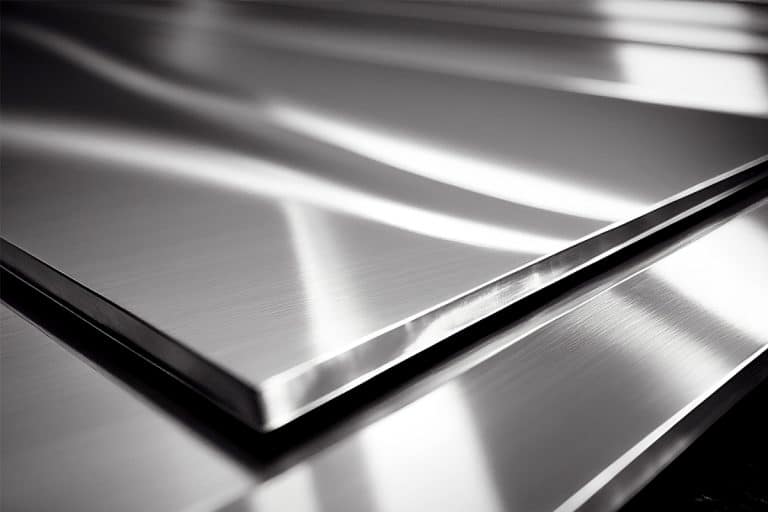
Stainless Steel
Laser welding stainless steel with Maxcool CNC offers high precision and strength for diverse applications, including automotive, aerospace, and medical devices, ensuring robust, clean welds.
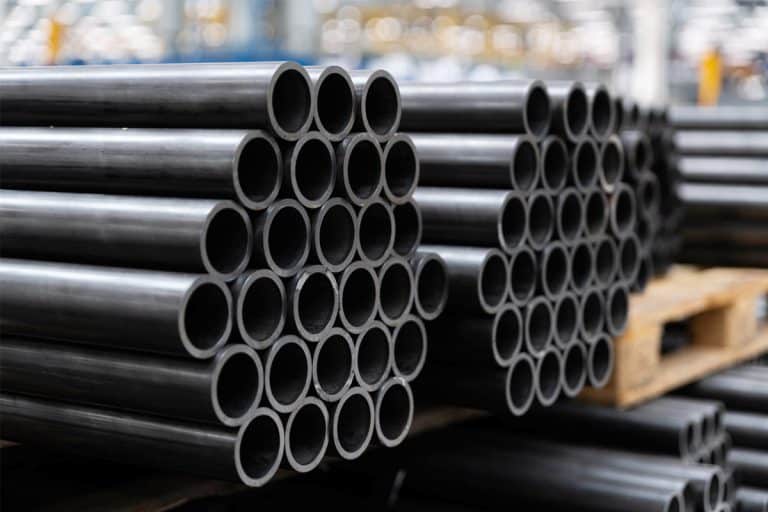
Carbon Steel
Maxcool CNC’s laser welding machines offer high precision, deep penetration, and minimal distortion, delivering strong and reliable welds for carbon steel across various industries.
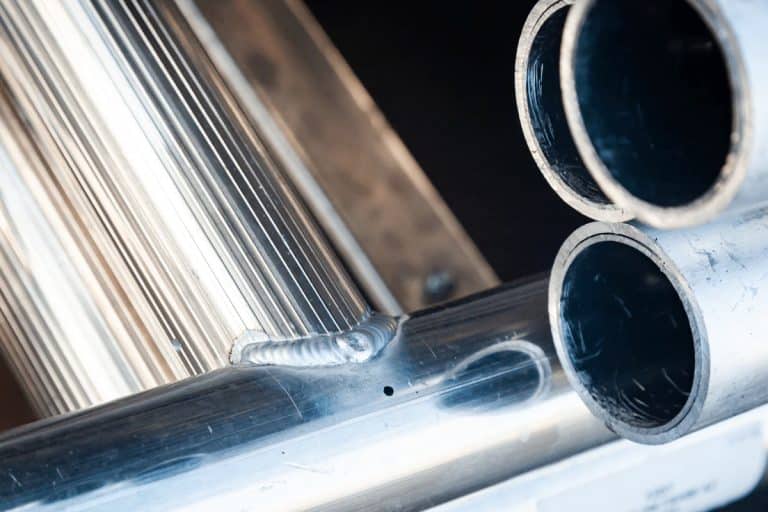
Aluminum
Maxcool CNC’s laser welding solutions offer precision and efficiency for aluminum welding, ensuring high-quality, strong welds with minimal distortion and faster processing times.
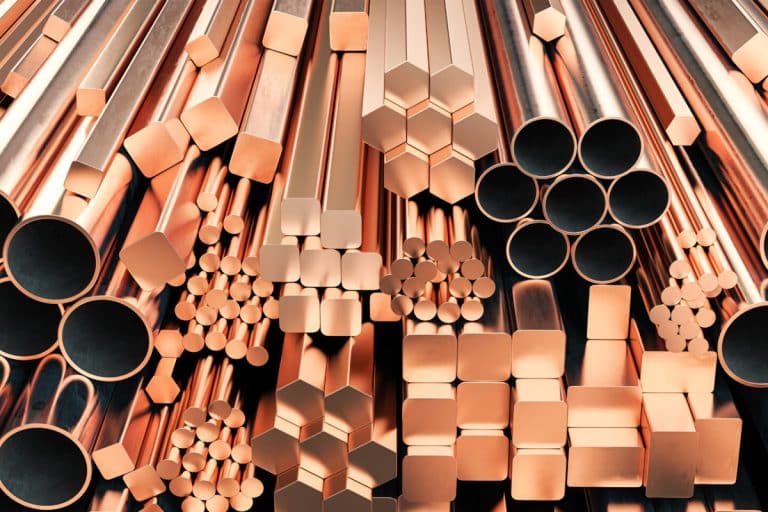
Copper
Maxcool CNC offers advanced laser welding solutions for copper, providing precision, speed, and reliability for industries like electronics, automotive, aerospace, and power generation.
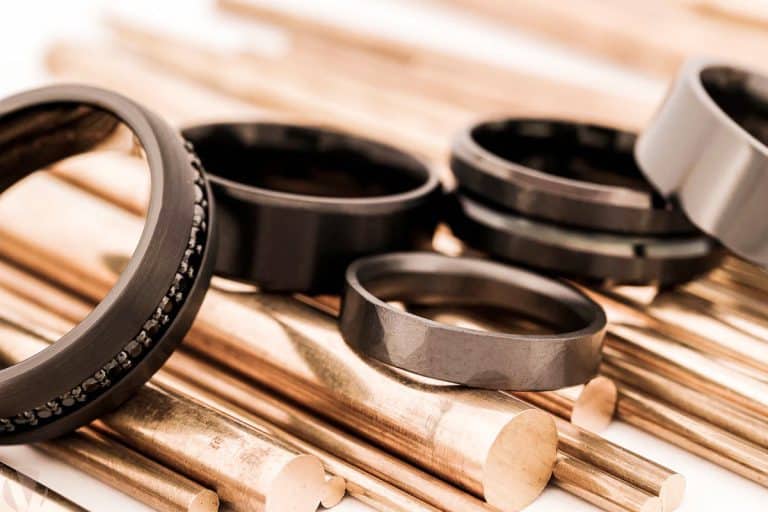
Titanium
Maxcool CNC offers advanced laser welding solutions for titanium, providing precise, durable, and oxidation-free welds, ideal for aerospace, medical, automotive, and other demanding applications.

Gold
Maxcool CNC offers high-precision laser welding for gold, providing seamless joints with minimal heat distortion, perfect for jewelry, electronics, and fine metal applications.

Silver
Maxcool CNC provides high-precision laser welding solutions for silver, ensuring clean, strong welds ideal for industries like jewelry, electronics, medical devices, and more.
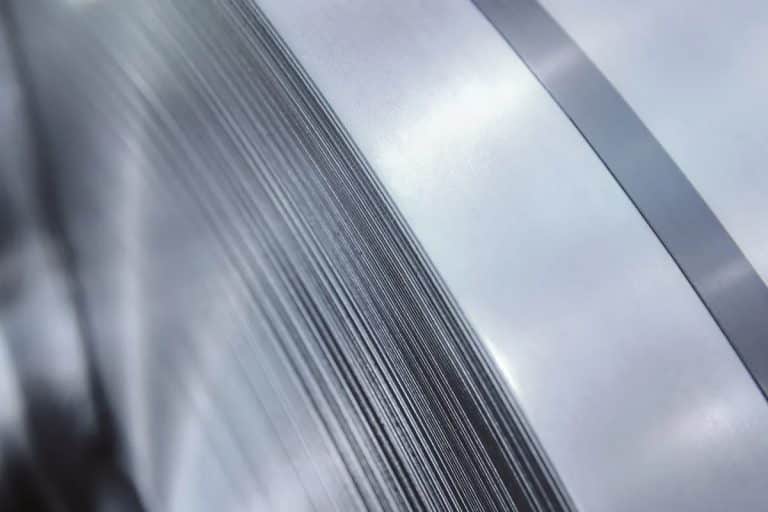
Zinc-Coated Steels
Maxcool CNC’s laser welding solutions for zinc-coated steels offer precision, strength, and corrosion resistance, ensuring high-quality welds across various industrial applications.
Advantages of Using Laser Welding
High Precision
The laser beam can be finely controlled, allowing for extremely accurate welds, even in complex or small parts. This makes it ideal for industries like electronics, medical devices, and aerospace.
Minimal Heat Distortion
Laser welding generates a focused heat source, reducing the heat-affected zone and minimizing thermal distortion. This ensures the integrity of the material and produces cleaner, more durable welds.
High Speed
Laser welding operates at significantly higher speeds compared to traditional methods, increasing productivity and reducing lead times in high-volume manufacturing environments.
Versatility
Laser welding can be used on a wide range of materials, including metals like stainless steel, aluminum, titanium, and various alloys. It is also adaptable for different thicknesses, from thin sheets to thicker materials.
Non-Contact Process
Since laser welding is a non-contact process, it reduces wear and tear on tooling, leading to lower maintenance costs and longer equipment life. The non-contact nature also makes it suitable for delicate or intricate workpieces.
High Strength Joints
The welds produced by laser welding are typically stronger and more durable, offering improved mechanical properties compared to other welding techniques.
Automatable for High-Precision
Laser welding can be easily integrated into automated systems, ensuring consistency and high-quality results in mass production, while also enabling remote or difficult-to-access welds.
Aesthetic Finishes
With minimal spatter and clean seams, laser welding produces aesthetically pleasing results, often eliminating the need for additional finishing processes such as grinding or polishing.
Comparison with Traditional Cleaning Methods
| Aspect | Laser Welding | TIG Welding | MIG Welding | Arc Welding |
| Heat Input | Low heat input, minimizing thermal distortion | High heat input, risk of warping and distortion | Medium heat input, moderate thermal distortion | High heat input, significant distortion |
| Weld Precision | Extremely high precision, ideal for small or complex parts | High precision but slower than laser | Moderate precision, suitable for thicker materials | Low precision, better for basic applications |
| Speed | Fast welding process, high productivity | Slower process, more time-consuming | Faster than TIG, but slower than laser welding | Moderate speed, slower than MIG welding |
| Material Compatibility | Suitable for a wide range of metals and alloys | Limited to metals like stainless steel, aluminum | Limited to metals like steel, aluminum, and copper | Best for steel, iron, and heavy metals |
| Automation Capability | Easily automatable for consistent results | Difficult to automate, labor-intensive | Partially automatable, but requires manual intervention | Manual, with limited automation options |
| Aesthetic Finish | Clean and aesthetically pleasing welds, minimal finishing | Often requires post-weld cleanup | Requires some post-weld finishing | Often requires heavy post-weld finishing |
| Cost | Higher initial setup cost, but low long-term maintenance | Lower setup cost, higher labor costs due to time | Moderate cost, higher maintenance requirements | Lower cost, but higher material waste |
| Heat Affected Zone (HAZ) | Very small, reducing the risk of weakening materials | Larger HAZ, with increased chance of material weakening | Medium HAZ, depending on materials | Large HAZ, high risk of material degradation |
| Weld Strength | Strong and durable welds, ideal for critical applications | Strong welds, but slower process | Strong but may require multiple passes for thick materials | Strong, but susceptible to cracking in some applications |
| Non-Contact Process | Yes, no direct contact with the material | No, direct contact required | No, direct contact required | No, direct contact required |
Customer Reviews
Related Resources
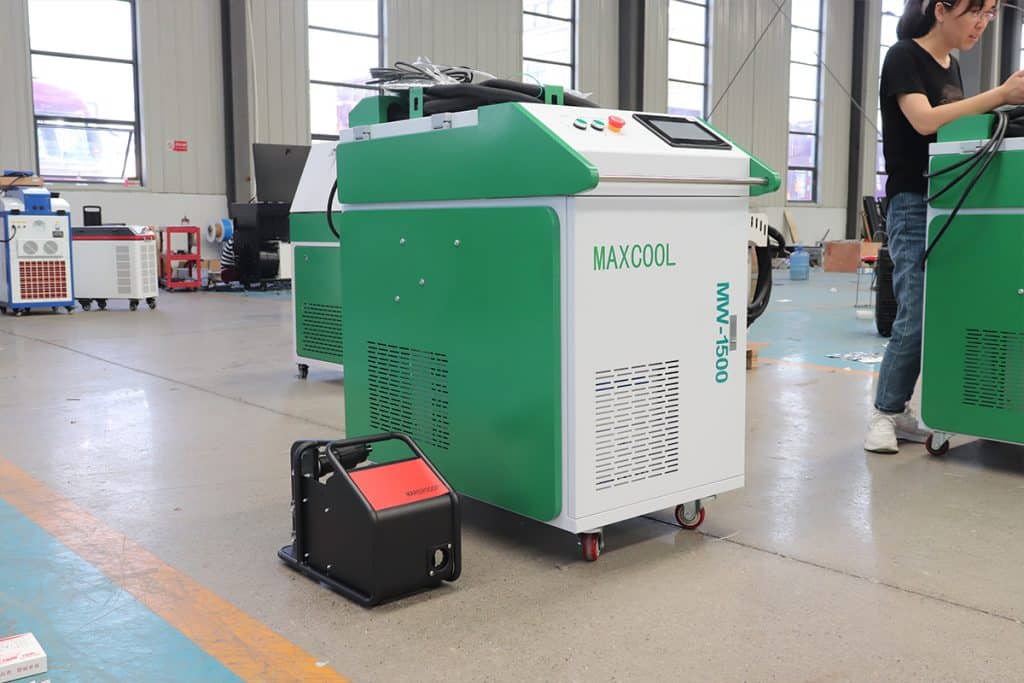
Metal Materials That Can Be Welded By Laser Welding
This article explores the metal materials that can be welded using laser welding technology, covering key materials like steel, aluminum, titanium, and copper, and their industrial applications.
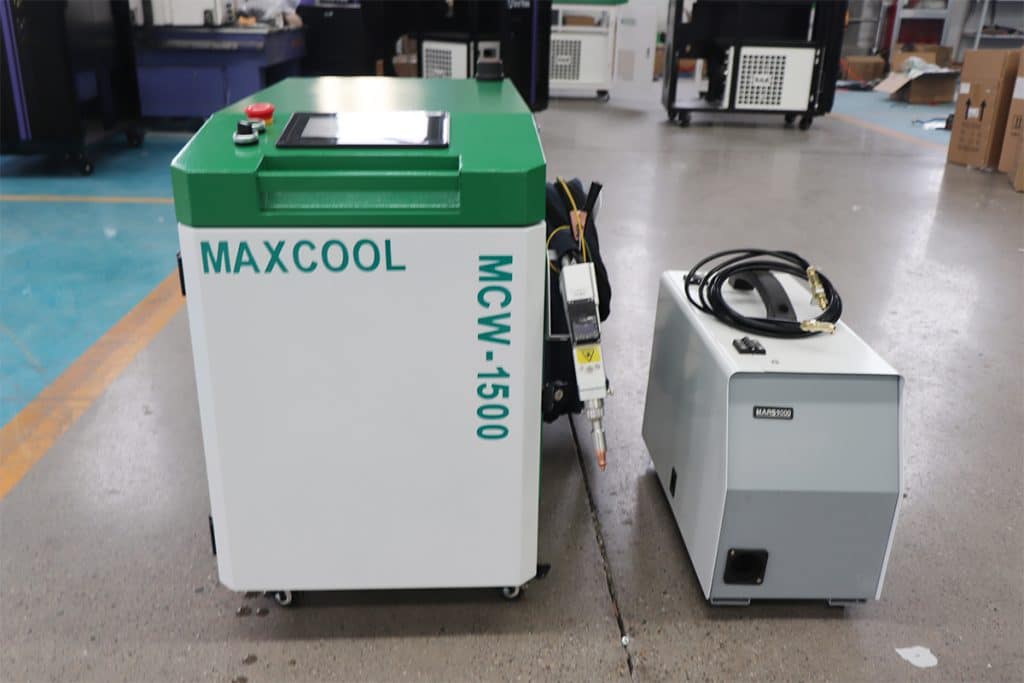
Laser Welding Machine Buying Guide
This comprehensive guide explores essential factors for selecting the right laser welding machine, covering everything from technology and applications to key features and purchasing steps.
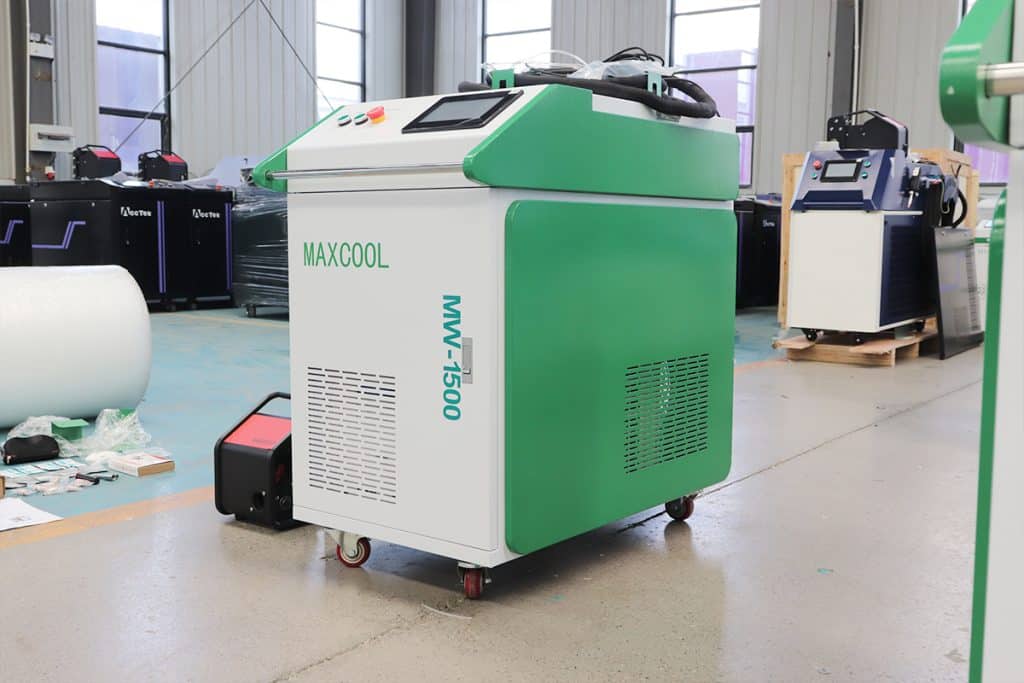
What Is the Cost of Laser Welding Machines?
Laser welding machines, offering precision, speed, and versatility, range from 1kW to 3kW. Ideal for various industries, they ensure high-quality welds with long-term ROI benefits.
